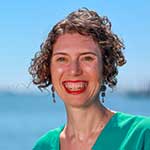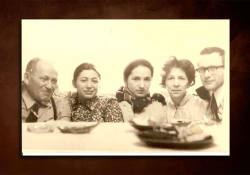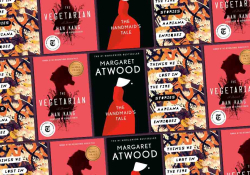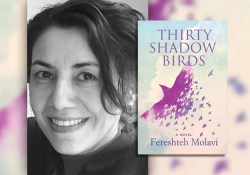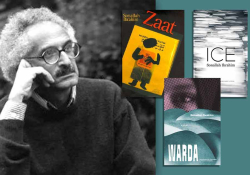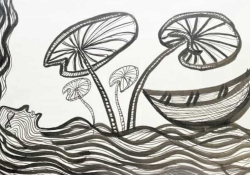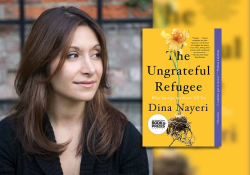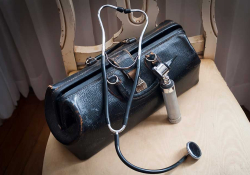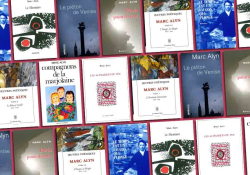The Lesson of Peace Club
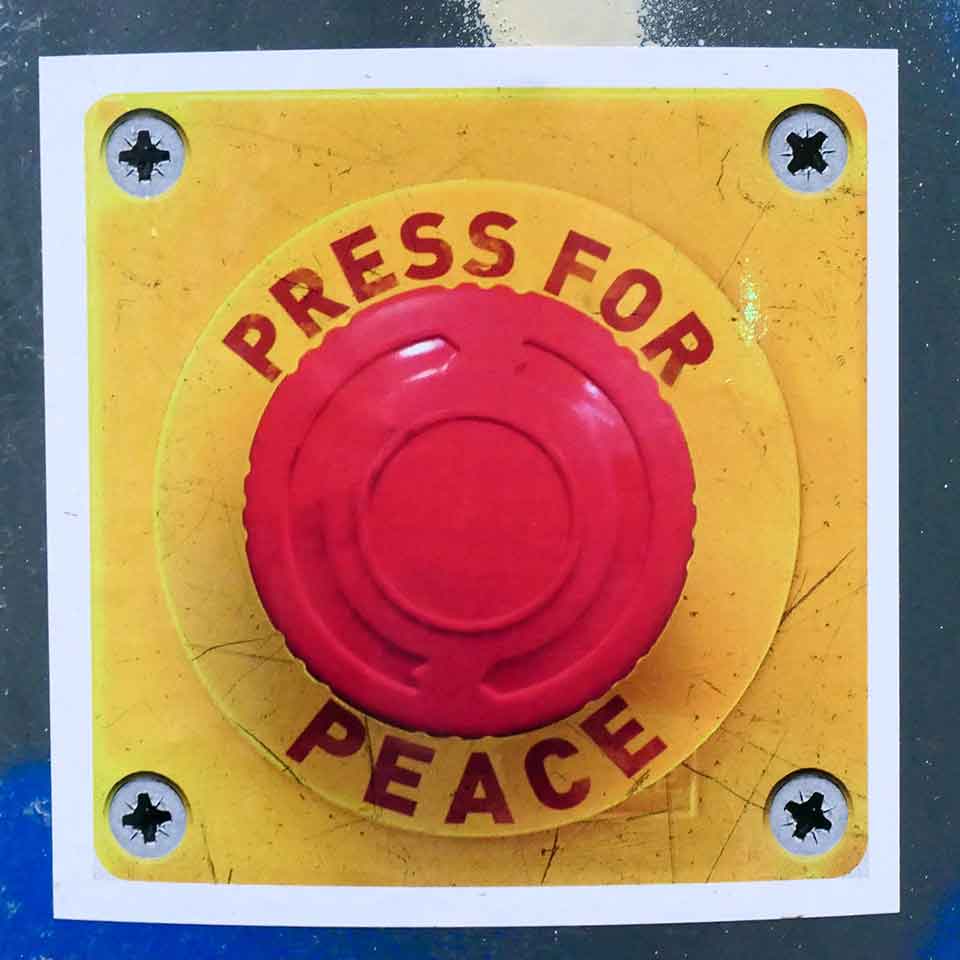
Hoping to see more peace and empathy in the world, a high school teacher in San Francisco creates a Peace Club where, in yielding control of an event to a sixteen-year-old, she finds the door to collective joy and collective grieving.
Balaji turned off the classroom lights and joined us at the table.
My forehead wrinkled. I didn’t expect that our end-of-the-year Peace Club party would start in the dark. Plates heaping with potluck goodies so vividly colorful a minute ago were now just smells. The aromas of Vietnamese spring rolls, naan, Salvadoran pupusas, and Moldovan vinegret, among foods from across the globe, filled the room.
What was this eleventh-grader’s plan for our afternoon event? He had emceed before, but never by beginning a party with the lights off. Plus, we only had an hour. Some students had sports practice later, others worked. Would we have enough time? I had been a high school teacher for nine years, but kids and timing were often unpredictable.
I had been a high school teacher for nine years, but kids and timing were often unpredictable.
I had started the school program called Peace Club years earlier because I wanted to see more peace and empathy in the world. Having lost my homeland of Moldova at the age of ten due to intolerance, I didn’t want this happening to other children.
Yet it was. The Yemeni Civil War had started that September; the war in Donbas had broken out a month earlier. Kids escaping violence in Mexico and Central America regularly enrolled in our San Francisco public schools.
I hadn’t realized that working on peace meant understanding conflict.
I hadn’t realized that working on peace meant understanding conflict. I didn’t know that I would have to face and understand emotions, especially my own. Apparently, I also had to give up control if I wanted teenagers to practice leadership. To hand over power again and again. Having a sixteen-year-old emcee a Peace Club party meant I had no idea what would happen next.
Balaji cleared his throat.
“What is the best thing that happened this year?” He faced a group of us, teens and a few adults. We only saw his outline, short and muscular, but he spoke with ease and authority in accented English.
Kids responded readily. “Learning more English,” replied many of the students, one at a time, between bites of food from their potluck-filled plates. Someone had a new dog. Someone else had a baby sister. One student got both. We laughed.
Maybe it would go faster than I expected. I exhaled. Perhaps we’d even have time to play games and take group photos.
“What is the worst thing that happened this year?” Balaji asked next.
My heart raced. Emotions were unpredictable. What if we lost control, too much trauma taking over? Wasn’t this a party?
Balaji began sharing. “I don’t know how to be with my dad. He is angry all the time. It is hard to talk to him. I miss my mom. She died when I was five.”
“Wow,” someone said. “Man.”
“Haydar, you’re next,” Balaji continued.
“I miss my mom and brothers,” said Haydar. “I can’t see them because of the war in my country. I worry.”
My eyes had gotten accustomed to the dark. Now I could barely see again because of my tears. Balaji put his hand on Haydar’s shoulder.
Karina was next.
Each new sharing was vulnerable and heartbreaking. We grieved so many things. Losing a mother’s trust. Losing a friend to suicide. Losing a grandparent.
The last boy to speak was silent for a while.
“My mother has cancer,” he said.
I’ve always wondered what to do with emotion. With grief or intense fear. Mine or other people’s. How do you protect others, especially children, when you know that you actually can’t?
I’ve always wondered what to do with emotion. With grief or intense fear. Mine or other people’s.
Together in the dark the teenagers led the way. We cried and we hugged. Someone offered a blessing to the boy and his mom. Then another of us did, then another. An hour passed, two hours. Despite other commitments, no one turned to leave.
Balaji had opened the door to both collective joy and collective grieving. He had opened the door to healing, to a sense of belonging to one another. To the human condition.
So many times in the past year since the Russian invasion of Ukraine, I have wanted to turn away from the searing pain of the news, from today’s reality. Growing up in Soviet Moldova, I believed that people from Russia, Ukraine, and Moldova were a part of the same family. The tragedy and trauma sweeping my birth region is unbearable. Yet, when I despair, I think about Balaji’s courage and his willingness to venture into emotion, into grieving. We need to keep listening to the kids, to each other, to the survivors and witnesses of war. To keep our eyes open in the dark.
San Francisco
Author’s note: The names are invented to protect the identities of the youth.
